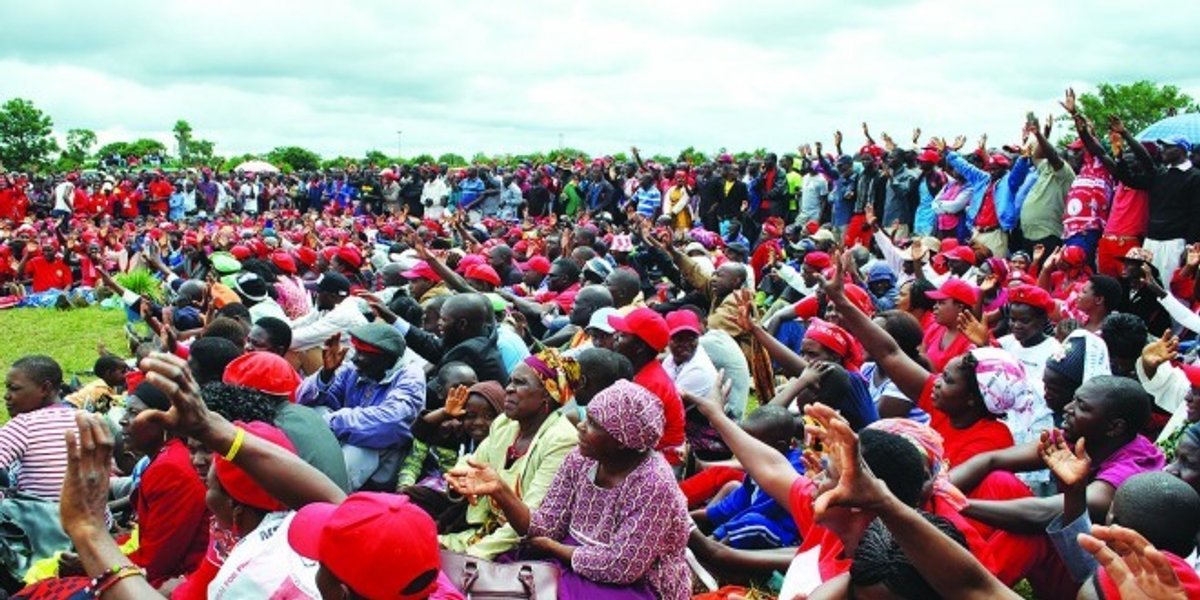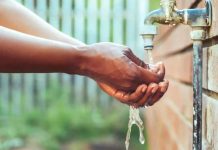MASVINGO residents have expressed concern over persistent water challenges in the city. Participants at the public hearing on the provision of safe, clean and potable water held in Masvingo at Mucheke hall this Monday say the supply of the precious commodity in most residential areas is erratic, hence exposure to water-borne diseases.
“The available water plant can no longer sustain the city as it is growing, the local authority should work on extending the plant so that residents get sufficient water supply.” one resident said.
“Our children are being raped on their way to fetch water at boreholes in the evening because during the day they will be at school. They can no longer concentrate on studying as they spend most of their time in search of water” another resident said.
“We are also worried because even at places like the hospital, schools and prisons there is no water. How is a sick person supposed to get well when the hospital does not have sufficient water?” one resident asked.
The Chairperson of the Joint Thematic Committees on Human Rights, Sustainable Development Goals (SDGs), Gender and Development, Senator Chief Mtshane Khumalo described some of the submissions by the residents as alarming.
“The submissions we got from the people of Masvingo are shocking. It seems there is no water here and we will submit the submissions in parliament.” Senator Chief Mtshane Khumalo said.
The joint thematic committees are carrying out similar consultations in other provinces with the findings set to be debated in parliament. The water situation has become dire in many urban areas and there are fears that if the situation continues, there can be an outbreak of diseases like cholera.
Residents, consumer and human rights organisations have accused local authorities of violating the Constitution by failing to supply residents with water, a basic human right.
Government has promised to take punitive action against local authorities that do not deliver their mandate of supplying clean water to residents and has directed that five percent of devolution funds be channelled towards water infrastructure.
Local authorities have failed to provide water to residents citing lack of chemicals, drought and low revenue collection from ratepayers.






